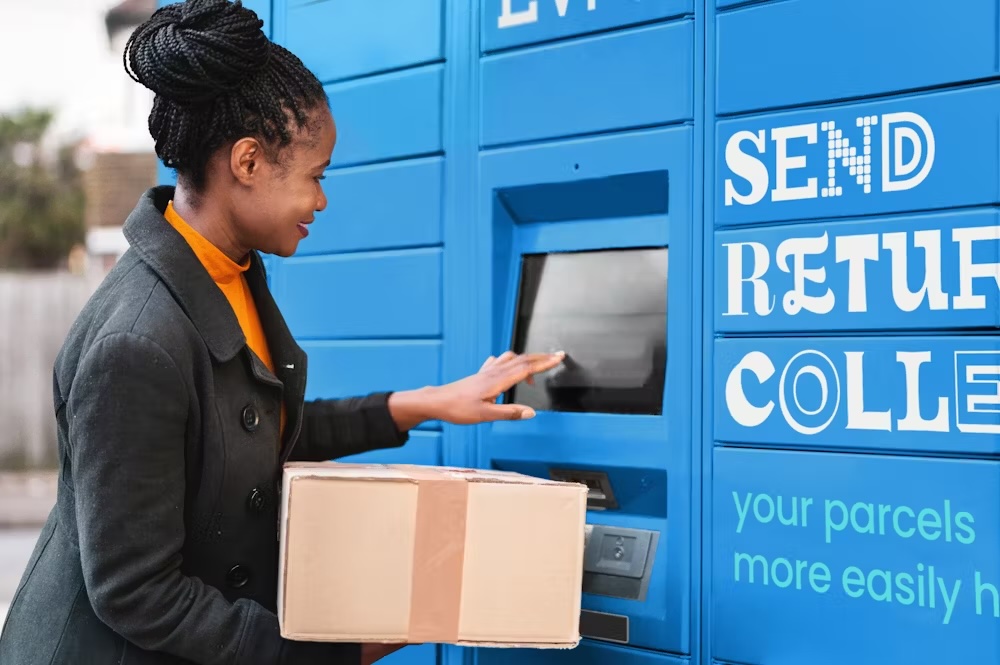The retail industry is now waiting to see whether the Treasury decides to go ahead on an online sales tax, following a 12 week consultation that has now closed to responses. Over the course of the last three months, retailers and others had been asked to put forward their ideas on whether such a tax is desirable and how it might work in practice.
In particular, the consultation looked at what goods and services might be considered by an online sales tax – for example, whether it would include orders placed for collection as well as delivery – who would pay the tax, and whether cross-border sales should be included.
In its consultation document, the UK Treasury said the tax was being considered as a way of raising “revenue from the increasing volume of online retail in the UK, with that revenue used to fund a reduction in business rates for retail properties.” It added: “It is worth noting that an OST levied at 1% or 2% would not raise sufficient revenue to replace in full the business rates lived on retailers”. A tax of 1% would rase about £1bn, the document says, while business rates are reported to raise about £25bn a year.
What do retailers say?
One survey of the UK retail industry, in which commercial property agency Colliers questioned its retail clients, found that 89% of respondents backed an online sales tax – including 100% of respondents with no online presence, 71% of retailers that already sell online, and 98% of retail landlords and investors.
Most (70%) said essential items should be exempt and that smaller retailers should see a reduced rate (66%), while just over half (55%) wanted an exemption for web-based apps used in-store, and 52% for digital products.
At the time, John Webber, head of business rates at Colliers, said: “Although our survey is a snapshot of our retail clients it does throw up some interesting pointers. It certainly seems there is overwhelming support to bring in some sort of online sales tax to try and level the playing field and take the full burden of business rates off bricks and mortar retailers. It is only right that we should try and re-balance the system and create a fairer playing field for all. But it is also essential any monies raised by an online tax is used directly to alleviate the high business rates burden and does not go into a government black hole.”
Tesco, Sainsbury’s, Morrisons, Kingfisher and the Co-op Group are understood to have formed a new group, the Retail Jobs Alliance, which has written to the chancellor to demand that business rates – which it describes as a shops – is cut, and financed in part through an online sales tax.
In their letter to the Chancellor Rishi Sunak, they are reported to have said: “We are all, like you, acutely concerned with pressures on household budgets and the rising cost of living, and we all have a role to play in keeping costs down as far as we can. Business rates – the Shops Tax – are a significant part of retailers’ overheads. A meaningful cut in the Shops Tax would make a big difference to retailers’ ability to invest more in the shops and stores that we know customers value, as well as to create jobs. This would make it easier for everyone in the retail sector to mitigate inflationary pressures, keep existing shops open and open new ones.”
But Marks & Spencer is also said to have written to the chancellor to warn that an online sales tax would damage the high street – making it harder for retailers to invest in growth in the digital era. M&S chief financial officer Eoin Tonge is quoted as saying that: “Introducing an additional tax on retail – already overturned – will simply mean retailers cut their cloth accordingly. This rationalisation will always start with the least profitable parts of a business – which, in the case of multichannel retailers, will more often than not be high street stores. Therefore it is likely that, far from helping the high street, an online sales tax will damage shops and our high streets further, particularly in areas that require new investment to bring them back to life.”
The idea of an online sales tax has been considered in recent years but decisions have previously been postponed.









